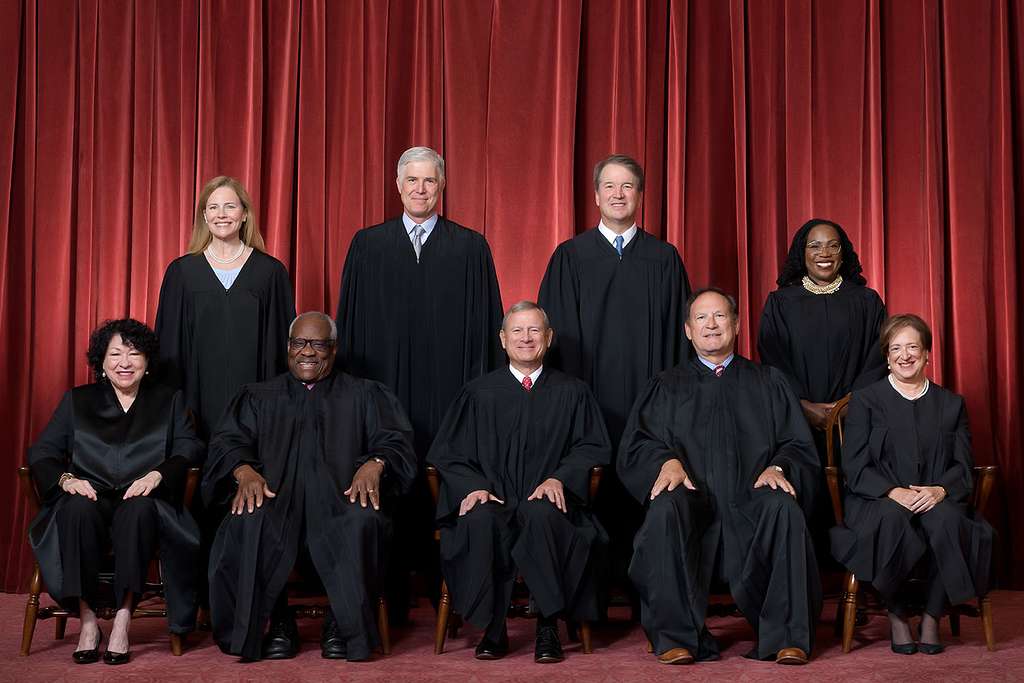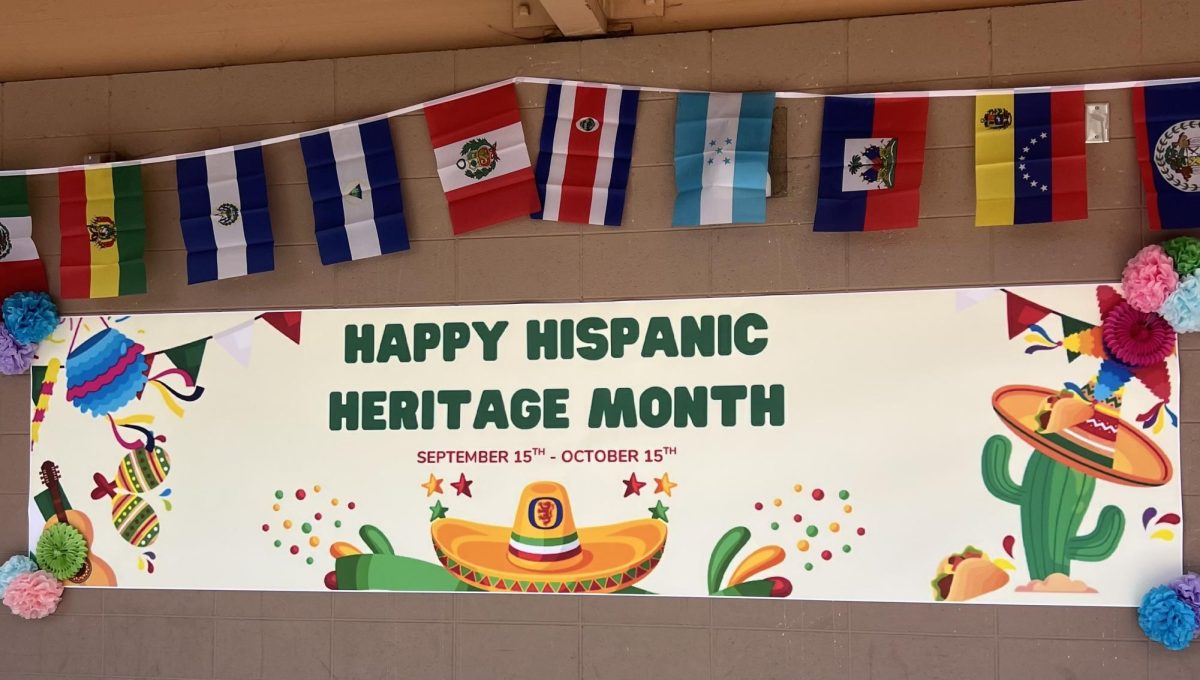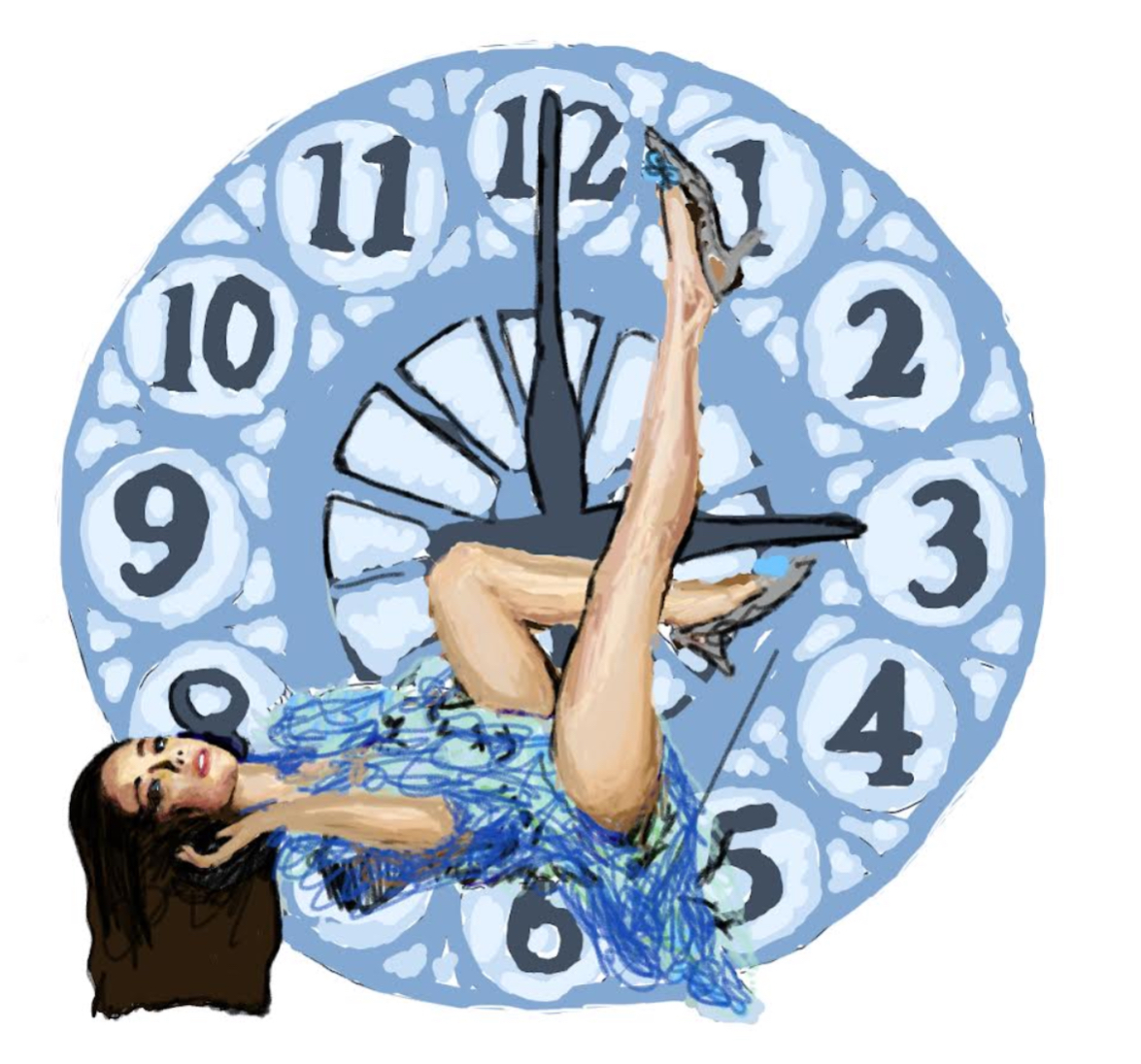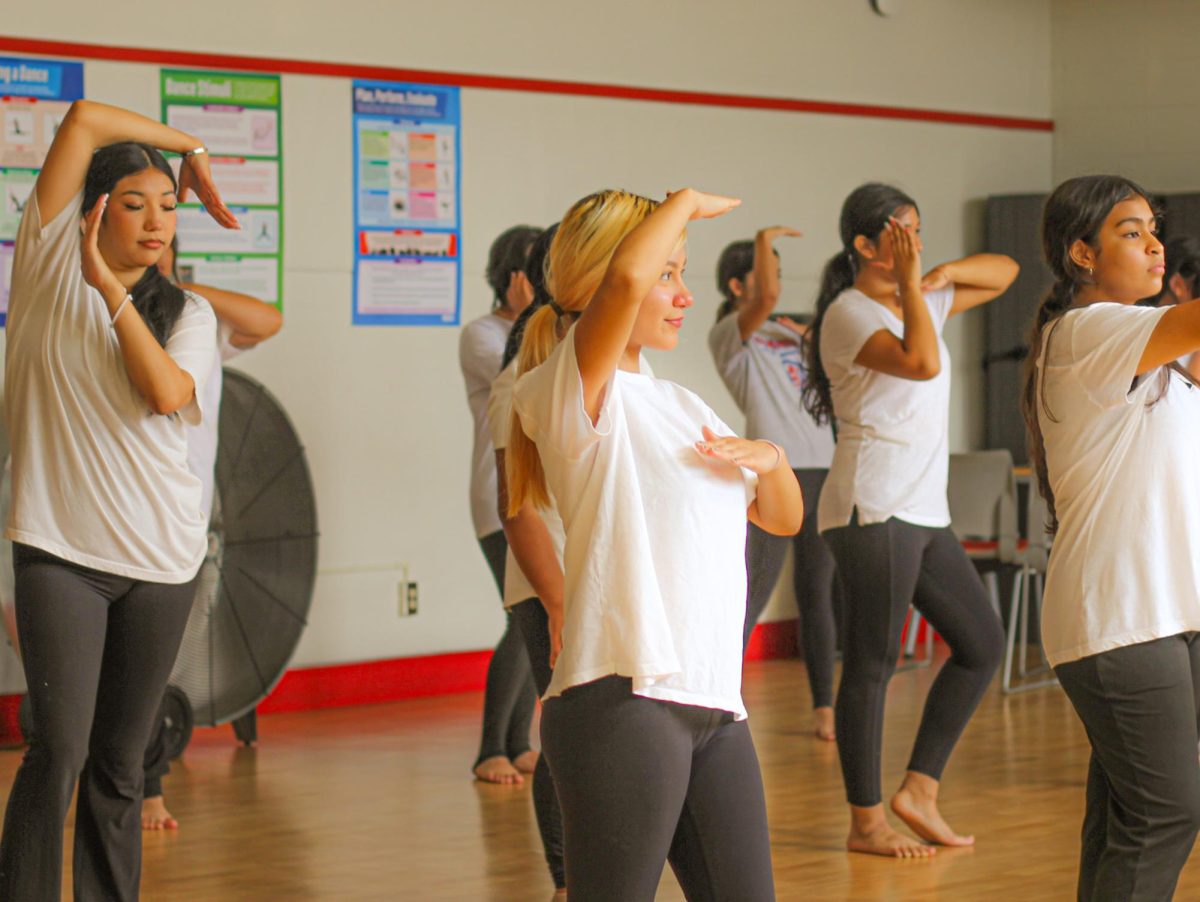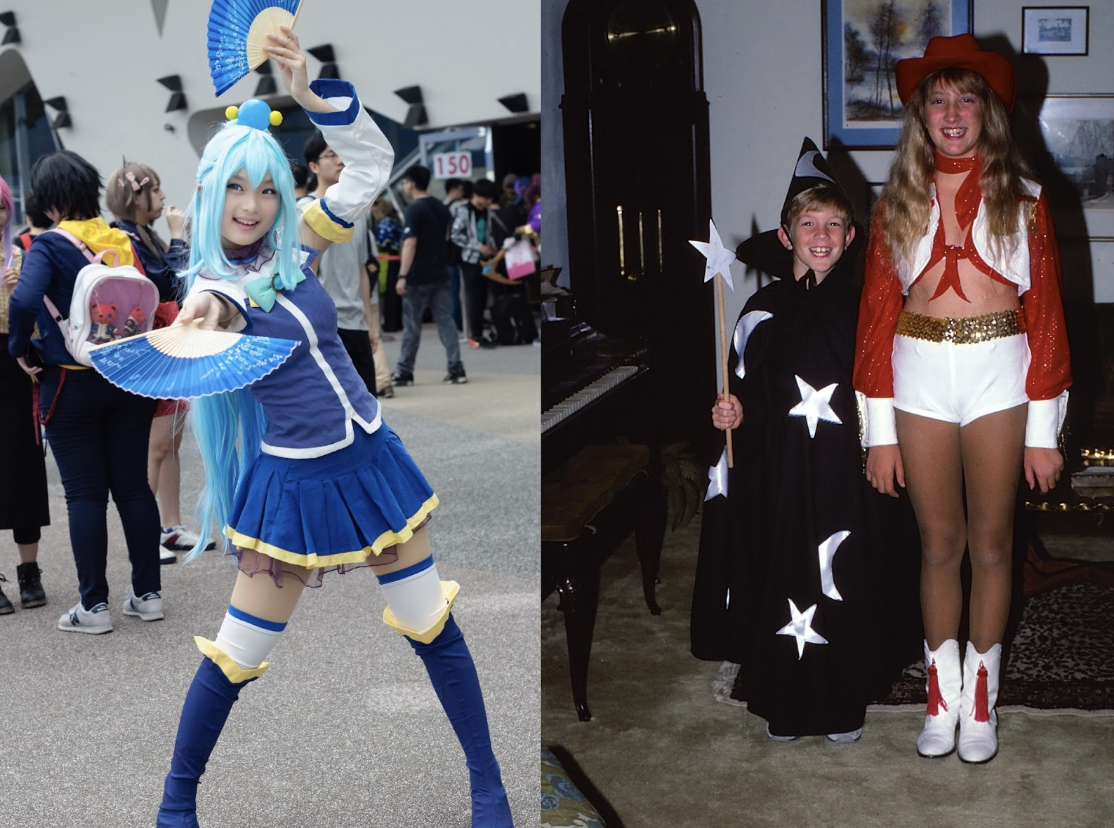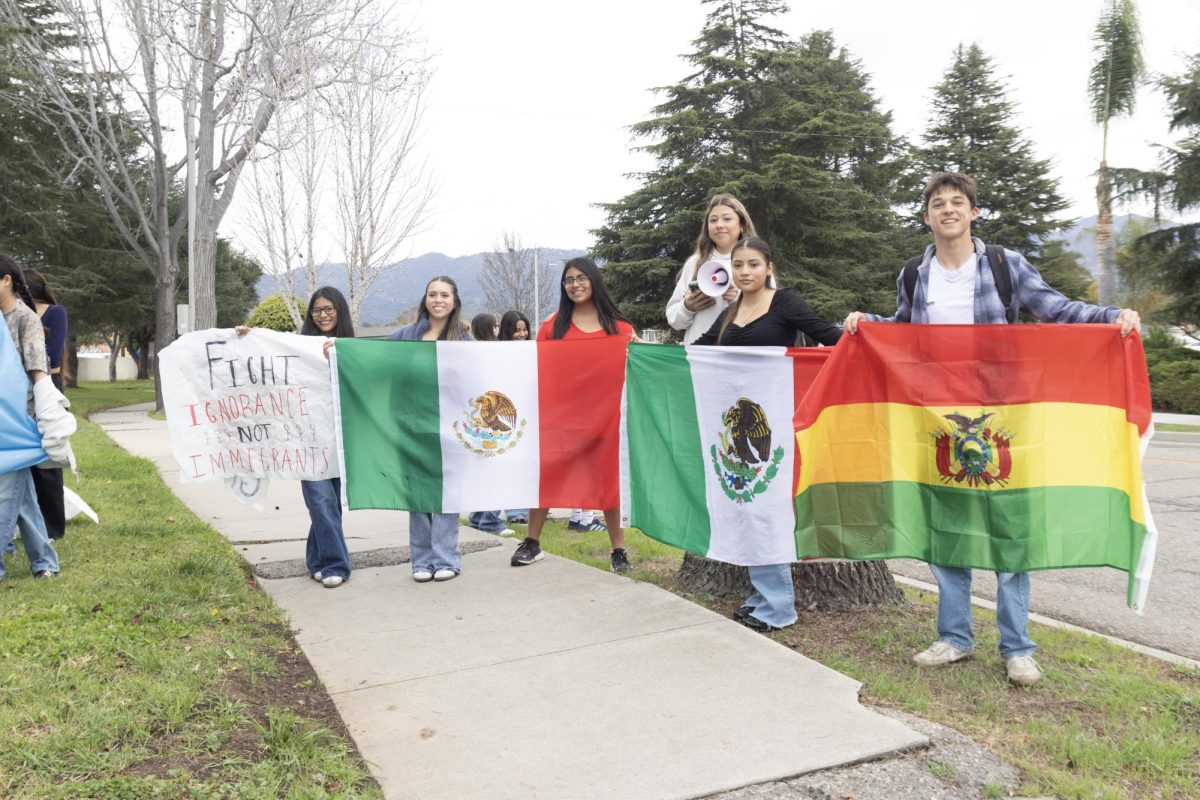For the average Halloween enthusiast, the 31st of October is all about becoming someone or something else. For cosplayers, it is also about becoming someone else, but with a side of nailing their characters’ catchphrases.
For people who do not know what cosplay is, it is a performance art in which “cosplayers” wear detailed costumes and accessories to represent a character. Cosplay is a word that mashes “costume” and “play” together. You can recognize someone in cosplay if they are wearing detailed authentic costumes and act in character. They also usually are experts on their characters’ mannerisms and are very knowledgeable about the character they are cosplaying as.
Knowing all of this, at what point does a Halloween costume become cosplay?
Some people might argue that you are in cosplay when you sport your costume on any day besides Halloween, or once your costume costs the same amount as a designer purse. In reality, costumes are cool, while cosplay can be seen as outlandish to the average person. There are numerous controversial aspects to cosplay and Halloween costumes, but costumes are generally viewed as easier to achieve.
Halloween costumes? Typically reserved for October 31st. Whether you’re attending parties or going trick-or-treating, it is the norm to wear a costume on this day, but the line begins to blur when you dress up as a specific character from a movie, video game, or most commonly an anime/animation. You may wonder, what is the fuss about cosplay? One major issue is gatekeeping. Some seasoned cosplayers try to lock up the door to people new to the community.
Additionally, accuracy is of utmost importance to specific individuals, but can cause issues. Drawing the line on accuracy can be subjective. Some people in the community might believe it is acceptable to alter their bodies or use makeup to achieve the closest resemblance to the character, but it is a bit extreme. I find it to be a peculiar hobby, but as long as it is done respectfully and inclusively, it should not be a real problem. Strange, perhaps, but not the apocalypse. Then again, I’m not the one cosplaying.
Sophomore Emmanuel Roldan Hernandez said, “If you act too much like the character or become too into pretending, that counts as cosplay.”
We’ve established that the world of cosplay can get quite intricate. So when does your friendly neighborhood Spider-Man costume become cosplay?
Does that mean you can’t channel the character you’re dressing up as? I still believe you can, but being mindful of how far down the rabbit hole you tumble is essential. I would not want to see someone dressed up as a witch who genuinely believes they attend Hogwarts. As Emmanuel pointed out, cosplay often involves a deeper level of role-playing and character embodiment. Cosplayers might engage in elaborate photo shoots, reenact scenes, or even stay in character throughout a party or event. This level of commitment can blur the line between dressing up for Halloween and true cosplay, making it a lifestyle for some.
To sum it all up, the distinction between Halloween costumes and cosplay lies in the level of commitment, immersion, and meticulous attention to detail. While some may argue that cosplay becomes “real” when you are one with your character’s persona, I believe the line is more fluid, allowing for varying degrees of dressing up, from the most casual of costumes to the most intricate of cosplays.
Whether you consider yourself to be a Halloween consumer or a cosplay connoisseur, a good indicator as to if you are donning costume or cosplay is explaining your costume to a friend: if it takes paragraphs to describe, congratulations (or not)! you’ve entered cosplay territory.


